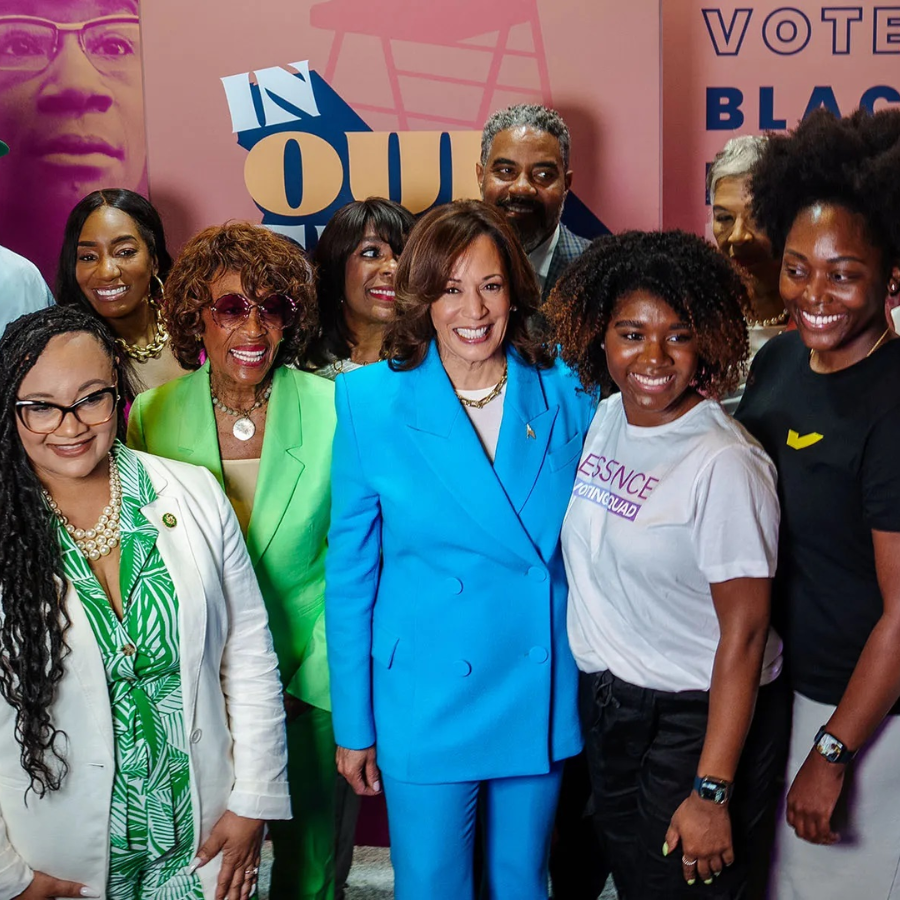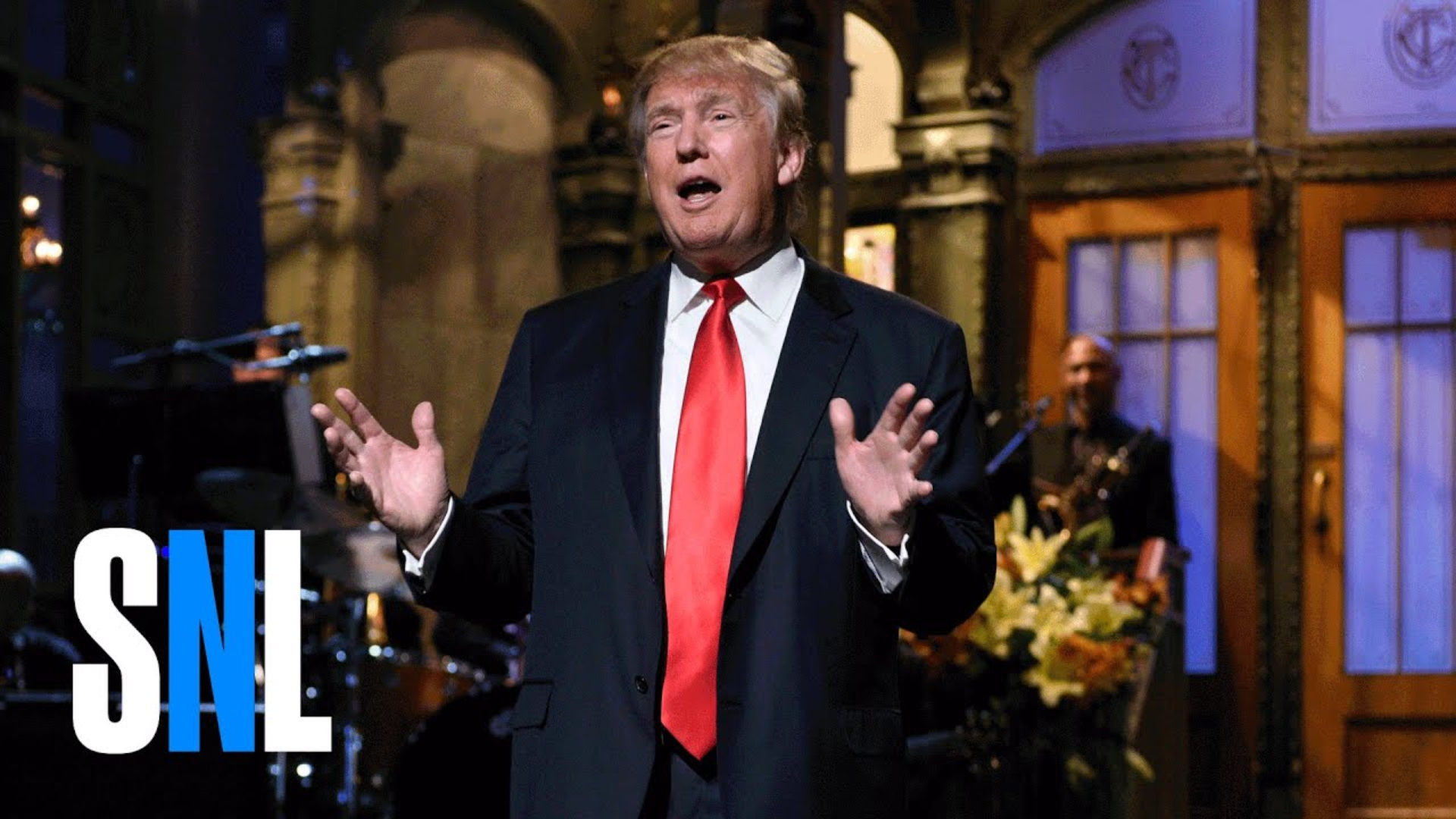
The 2024 U.S. presidential election is fast approaching, but for many Democrats, the key question isn’t whether Kamala Harris will win, but rather: “How has Donald Trump come so close to victory?”
This has become a central topic in every political conversation and group meeting across Democratic communities throughout the country. They feel that the support for Trump isn’t just a matter of partisanship, but represents something more troubling, with the potential to deeply harm the essence of American democracy.
Fear of Deepening Division

Some of these concerns might be typical in modern elections. Republicans tend to show confidence, while Democrats often feel more anxious. Political science offers a simple explanation for Trump’s enduring popularity: America is deeply divided, where Republicans generally vote for Republican candidates and Democrats for Democrats.
Every modern election is relatively close, and incumbent parties around the world and across the political spectrum have struggled in the aftermath of the pandemic and rising inflation.
However, for many Democrats, the fact that Trump continues to gain significant support speaks to a more profound and alarming issue.
Troubling Messages from Trump’s Campaign

What is most concerning about Trump’s current campaign isn’t just what he did in the past, but also what he is now openly saying and promoting. His campaign this year has become more openly racist than ever, filled with fear-mongering messages about immigrants.
A report by Politico summarized Trump’s speeches, noting how he has consistently “demonized minority groups” and used increasingly dark, violent language to talk about immigrants.
Trump has referred to immigrants as “vermin” and “animals,” dehumanizing them and stoking fear among his voter base. According to many observers, his rhetoric mirrors the language used during Nazi Germany.
Disturbingly, many of Trump’s supporters do not protest these extreme statements, but instead, cheer for them.
Has America Really Become This?

One of the most significant concerns for Democrats is whether America has truly become a place where hateful and racist language is widely accepted. The fact that Trump faces little political backlash for his xenophobic remarks, and even receives encouragement, raises serious questions about the future of democracy.
Can America move forward when so many of its citizens are supporting an anti-American message of division and hatred?
The Dangers Trump Poses

Trump’s dangerous rhetoric doesn’t stop with violent language directed at immigrants. He frequently uses extreme language against his political opponents, calling them “enemies within” and promising retribution against Democrats, whom he labels “evil.”
Recently, he even hinted at using the U.S. military against his political rivals, a move that has only heightened fears that Trump may not adhere to the law and could go even further in abusing power if re-elected.
Democrats are also worried that a Trump victory would not simply represent the win of a Republican candidate, but the confirmation of a new national identity—one that reflects hatred, division, and a rejection of the core values upon which America was built. Even if Trump loses, he could still win 45%-47% of the popular vote, a figure that indicates a large portion of the population continues to support his troubling policies and rhetoric.
A Changing America
Many Democrats view this election as a serious warning about the current state of America. Even if Kamala Harris wins, this election has already revealed a disturbing reality: America today is very different from what many people imagined. The deep political and ideological divisions, the acceptance of violent and hateful rhetoric at political rallies, and the unwavering support for a candidate like Trump show that the U.S. is facing a crisis of identity and values.
Defeating Trump in this election is clearly necessary, but it is only a small step toward restoring the core values of American democracy. The 2024 election, regardless of its outcome, has confirmed that America is undergoing a challenging period of transformation—one that will force many to confront difficult questions about the future of the nation.













